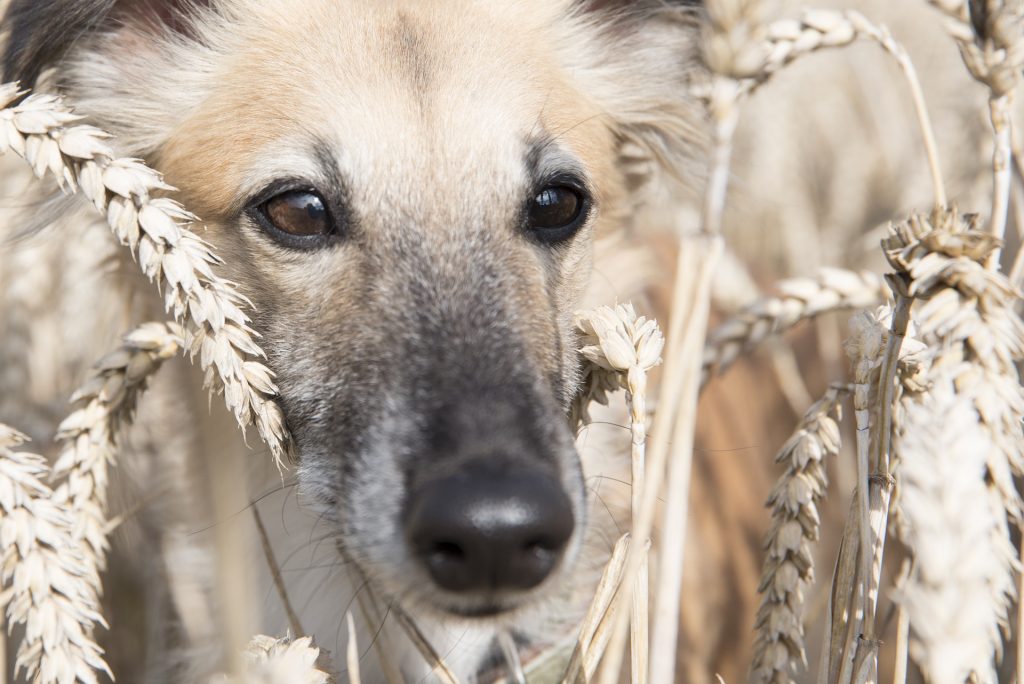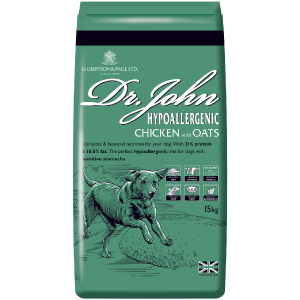Fibre
09/04/2021
Poor digestion, sloppy poos, wind or anal gland problems are all common complaints that owners report with their dogs, and whilst some cases are due to food intolerances, nutrient excess or inactivity, often the dietary fibre level and quality in their diet can be the problem.
Fibre isn’t thought of as an essential nutrient for dogs, but in fact, without fibre, their digestive system will often have problems. Fibre is a type of carbohydrate found in ingredients like whole grains (like oats, wheat or barley), alfalfa and beet pulp so including these in the diet will help to provide the right mix of fibres that the dog needs. Other vegetables and fruit can all help as well, although they often have lower levels.
There are two main types of fibre that dogs need: soluble and insoluble. Soluble fibre dissolves in water forming a gel-like substance which slows digestion of certain nutrients in particular carbohydrates so it can help with control of blood sugar levels and improve the digestion of other nutrients. Whilst, Insoluble fibre helps with meal satiety, gut movement and adds moisture and bulk to improve poo formation.
Some dogs need more fibre than others to keep their digestion optimised, and for overweight or diabetic dogs, fibre can help with controlling blood sugar levels and appetite. So finding a diet with the optimum level of fibre is important for more than just improving digestion, it may also help with overall health and wellbeing.




